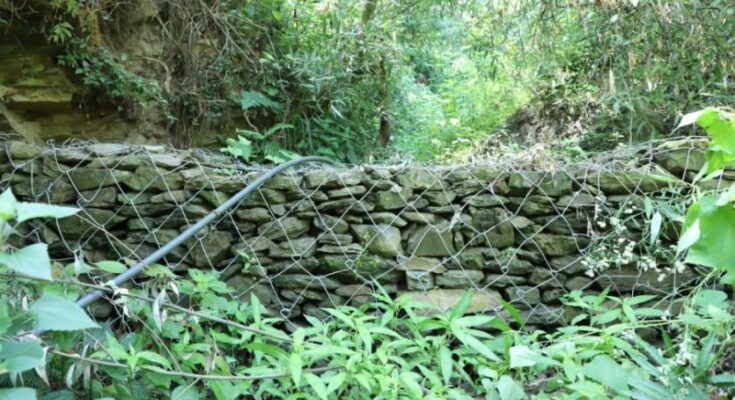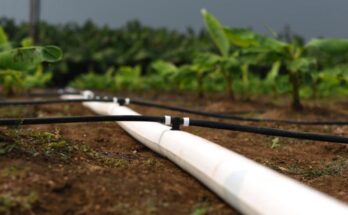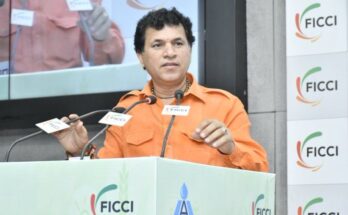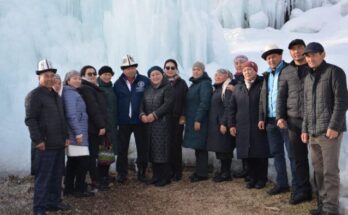National Bank for Agriculture and Rural Development (NABARD) has appointed Ambuja Cement Foundation (ACF) for the implementation of watershed development projects in Mandi district of Himachal Pradesh. Owing to ACF’s successful past experience in the field of watershed development in Solan under CSR mode where ACF is implementing nine watershed projects, NABARD has now selected the Foundation to support farmers in the Mandi region – improving their production and livelihood.
With an objective to promote agriculture and rural welfare, NABARD has constituted a fund called the Watershed Development Fund (WDF) for promoting innovative and feasible concepts and for the transfer of technology for enhancing production and productivity in farming and allied sectors. The governing body has also issued operational guidelines for providing funds from WDF to ACF.
Talking about the association with NABARD, Pearl Tiwari, Director & CEO of ACF said, “Ambuja Cement Foundation has a long-standing relationship with NABARD and we have been working together on watershed development in Himachal Pradesh for the last 14 years. With this new project, we are once again working to empower farmers of another district in the hilly region enabling them to improve production and income.
You may also like to read: A case of sensor-based irrigation system boasting water use efficiency
Officer-in-charge of NABARD in Shimla said, “Watershed development has been a major issue in the hills of Himachal Pradesh and we are looking at reaching as many farmers as possible. To have implementation partners, like Ambuja Cement Foundation who are so established and committed in their work, makes it much easier for us to expand such projects. Watershed of NABARD basically intend to empower village communities and promote rainfed/natural farming ecosystems.”
Rajwadi Sethal watershed falls in the Dhanotu (earlier in Balh) development block of Mandi district where the average annual rainfall is 1503 mm – often causing soil erosion and failure of crops. The farmers in Mandi district face severe problems like the uncertainty of weather, frequent crop damage, lack of irrigation facilities, high slopes, terrace farming, forest fires, hail storms and pest attacks. ACF has already implemented a capacity building phase and has organised soil and water conservation sensitisation and awareness activities.





